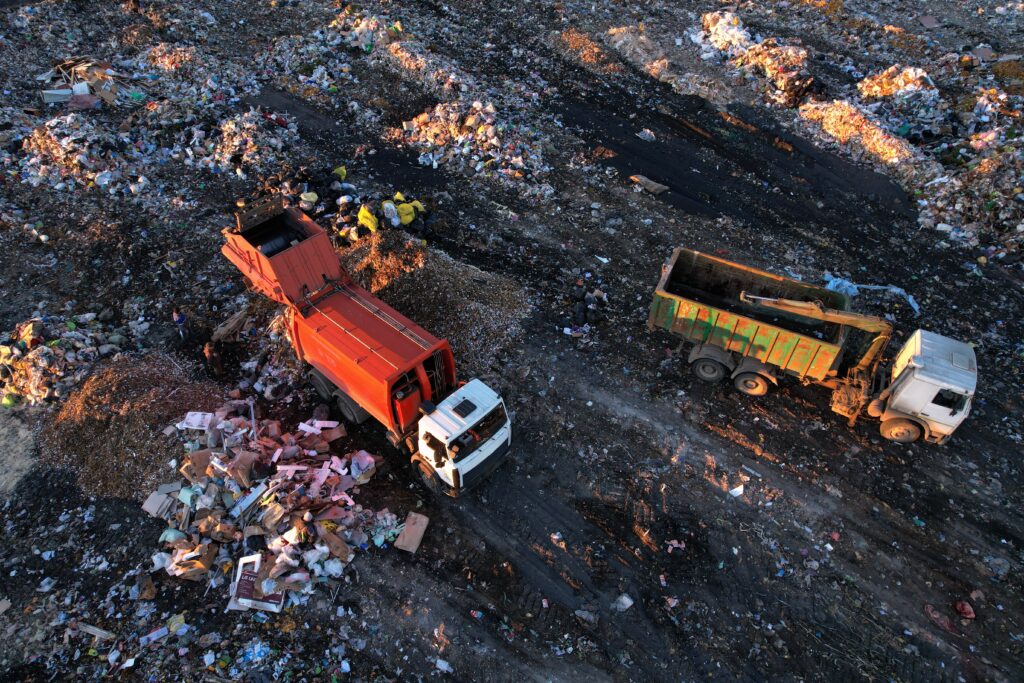The company explained that the AI robotic picker is currently in training “to sort the increasing amounts of industrial and commercial plastic waste arriving at its Bishop’s Cleeve MRF”.
The Fast Picker, supplied by Helsinki-based supplier of robotic waste separately technology, ZenRobotics, is said to be continually learning the types of plastic which roll past on the conveyor belt.
Technology
According to Grundon, it can target and pick up to 80 items a minute with a recovered materials purity of up to 99%. The robot visually scans the belt before deciding which items to pick, recognising a particular item based on other items it has been trained on.
‘ZenBrain’, the AI behind the robotic arms, compiles information on the waste stream being sorted and feeds data to the picking arms.

Grundon outlined that the Fast Picker is currently picking up plastic bottles in different colours and polymers, including HDPE (milk bottles) and PET (drinks bottles). It can also be trained to sort objects both positively and negatively to remove unwanted contaminated objects such as herbicide cans, silicone cartridges and oil cans from food grade plastic.
Training
The project is being led by Ed Fagan, Grundon’s head of projects, engineering and design. Commenting on the installation, he said: “It was relatively easy to integrate it into our current system without modification and it’s not difficult to train an AI-programmed robot to identify British waste. It arrived with an in-built level of learning and took us around two weeks to optimize for the type of plastic waste which comes through this facility.”
He continued that once trials on plastic have been completed, the company will look at training it to pick steel or aluminium cans, paper and cardboard.
“This will allow us to adapt the process as the material composition changes and, more importantly, to understand where these machines can best be deployed on future plants,” Mr Fagan explained.
We can really see robotic sorters making a difference in environments which are less well suited for humans
He concluded that while both optical and robotic sorters can be deployed alongside humans in waste sorting facilities, “we can really see robotic sorters making a difference in environments which are less well suited for humans, such as the sorting of contaminated waste or working in areas with high levels of noise and dust.”
MRF CONFERENCE
Letsrecycle.com’s annual MRF conference takes place on 2 November, near Warwick.
For further information, visit MRF event 2022









Subscribe for free